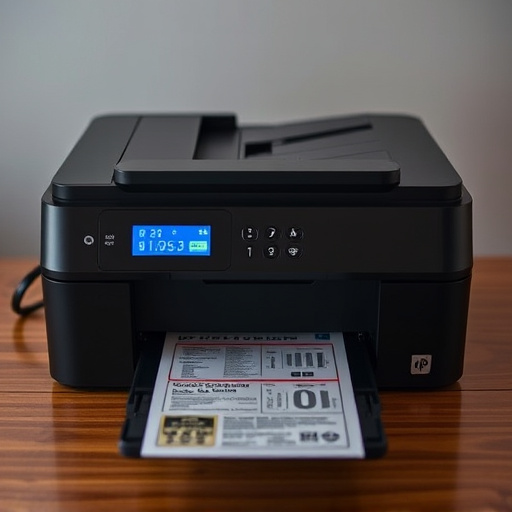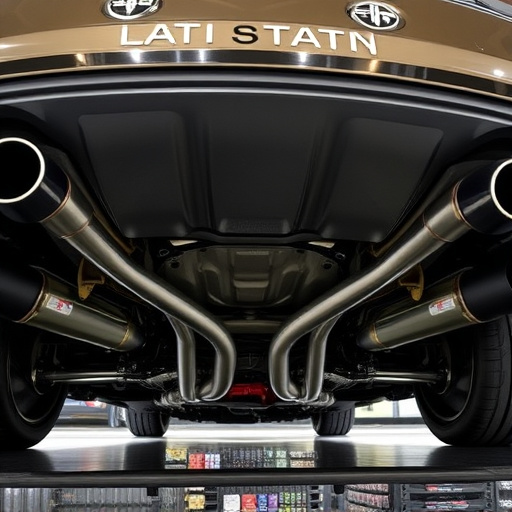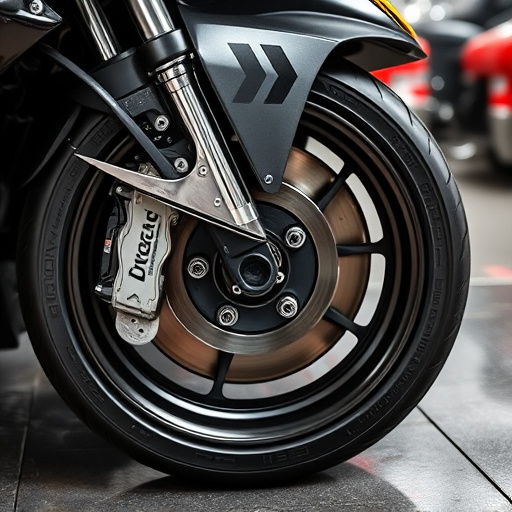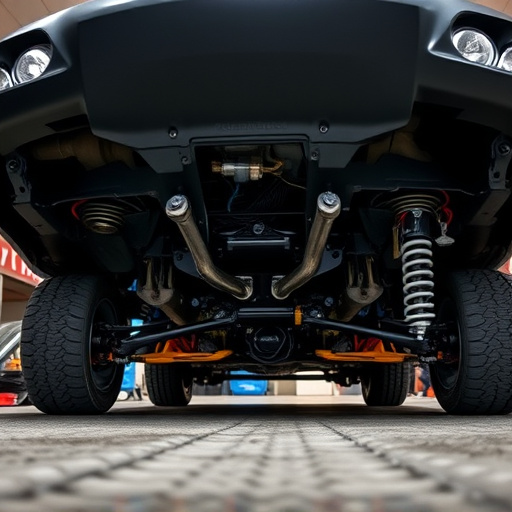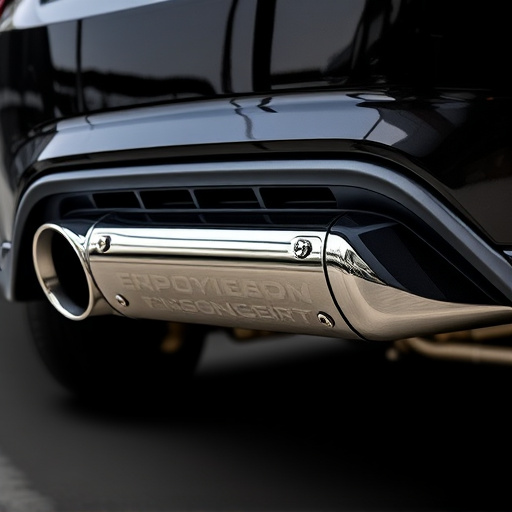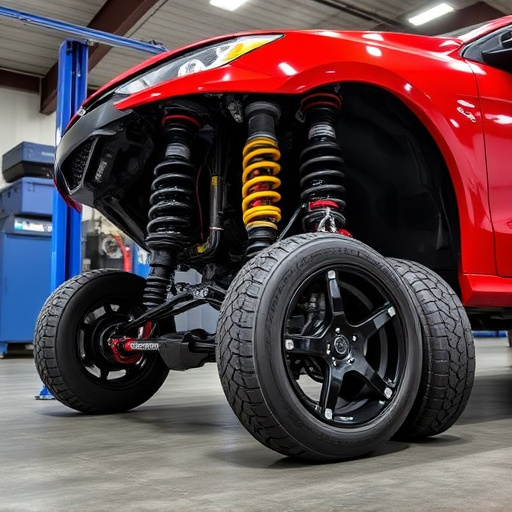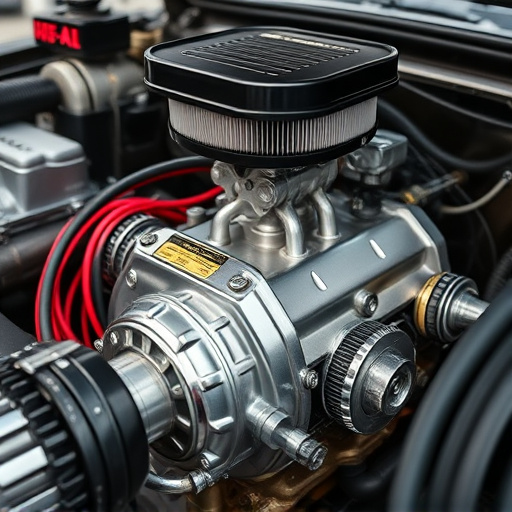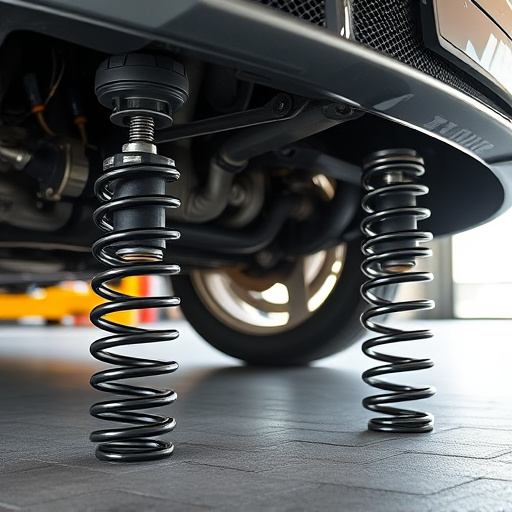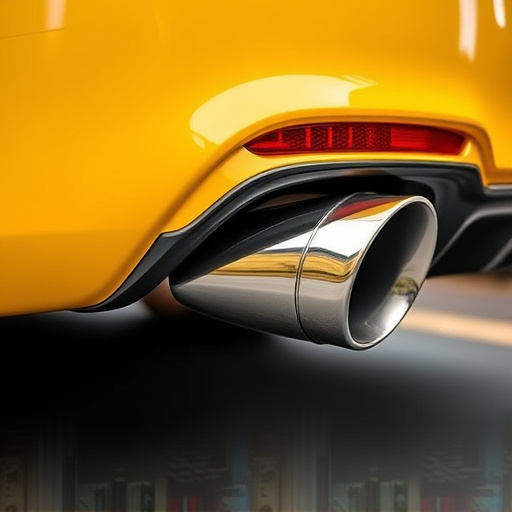An oiled air filter is a warning sign of potential engine problems, indicating faulty seals or excessive wear. It reduces airflow, impacts performance, and shows as discolored or soggy filters with visible oil. Check exhaust tips for unusual dirtiness or dampness, and be alert to increasing maintenance frequency or costs. Prompt action is crucial to prevent engine damage, maintain smooth driving conditions, and ensure vehicle longevity.
An oiled air filter can be a silent culprit, compromising your indoor air quality and system efficiency. Look out for signs like discolored or dirty exterior, visible oil streaks, and heavy buildup, indicating that your air filter needs immediate attention. If you notice reduced airflow, increased noise, or strange smells from your AC or heating system, it’s time to act. Promptly replacing the oiled filter and addressing affected components is crucial to ensure optimal performance and maintain a healthy environment.
- Signs of an Oiled Air Filter
- – Discolored or dirty exterior
- – Unusually heavy buildup on filter elements
Signs of an Oiled Air Filter
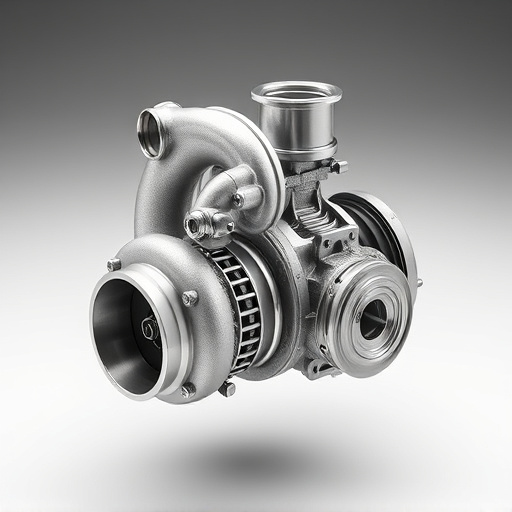
An oiled air filter is a sign that something isn’t quite right with your vehicle’s engine. It could be leaking oil from its seals or experiencing excess wear and tear, leading to an accumulation of oil within the filter. This not only reduces airflow but also compromises the overall performance of your car.
Look out for indicators like discolored or soggy air filters, where oil is visible on the surface. Additionally, check for unusual exhaust tips, as a buildup of oil can cause them to appear dirty or even damp. If you’re noticing that your regular maintenance routines, such as changing brake rotors, are becoming more frequent or costly, it might be due to an underlying issue with your air filter. These signs indicate the need for immediate attention to prevent further damage and ensure smooth driving conditions.
– Discolored or dirty exterior
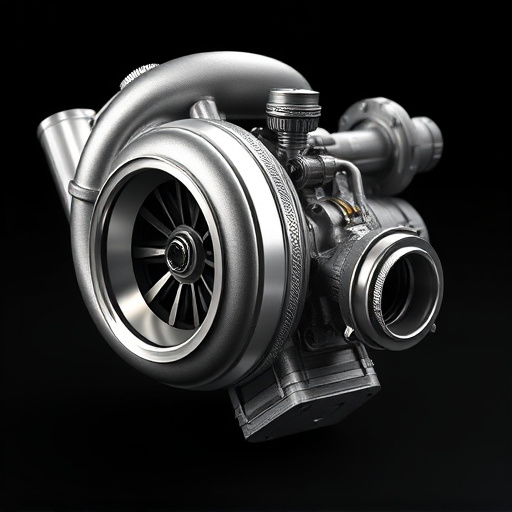
If your oiled air filter’s exterior appears discolored or heavily soiled, it could be a clear indication that it needs immediate attention. Over time, as air passes through the filter, dirt, dust, and debris can accumulate on its surface, leading to an unsightly appearance. This isn’t just an aesthetic issue; a dirty or discolored filter can hinder airflow, reducing engine performance. Regularly checking your vehicle’s intake components, including the air filter, is crucial for maintaining optimal engine health, especially if you’re into modifying your car with performance exhaust or coilover kits.
A grimy exterior might suggest that the filter has been neglecting to trap pollutants effectively, allowing them to enter the engine. This can result in reduced efficiency and even damage to sensitive engine parts. Therefore, addressing this issue promptly is essential to ensure your vehicle’s longevity and maintain its overall performance.
– Unusually heavy buildup on filter elements
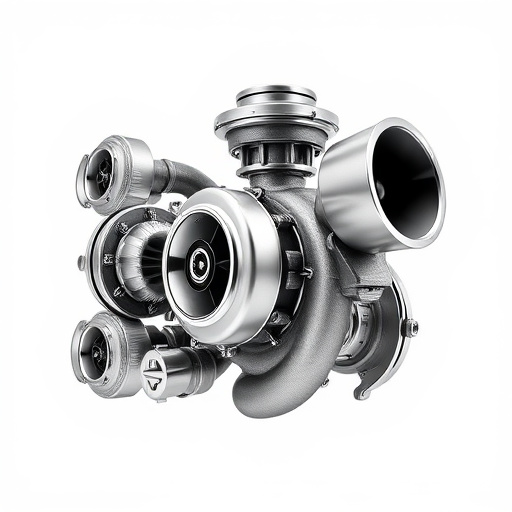
If your oiled air filter is showing signs of unusually heavy buildup, it’s a clear indication that something is amiss in your vehicle’s system. This excessive accumulation often results from various factors, including poor oil quality or leaks within the engine compartment. Over time, these residues can significantly impair the filtration process, allowing unclean air to enter the engine and compromising its overall performance.
When left unattended, an oiled air filter with heavy buildup can lead to reduced airflow, which is detrimental to both vehicle performance and efficiency. It’s especially crucial for those who rely on high-performance parts, as efficient airflow is critical for optimal engine function. Even more concerning, it could potentially cause damage to delicate brake components, as the reduced airflow affects braking systems’ effectiveness.
If your vehicle’s oiled air filter exhibits signs of significant contamination or damage, such as discolored exteriors or excessive buildup, it’s crucial to address the issue promptly. Neglecting an oiled air filter in this condition can lead to reduced engine performance and increased maintenance costs down the line. Regularly checking and replacing your oiled air filter as needed is essential for maintaining your vehicle’s optimal efficiency and longevity.



